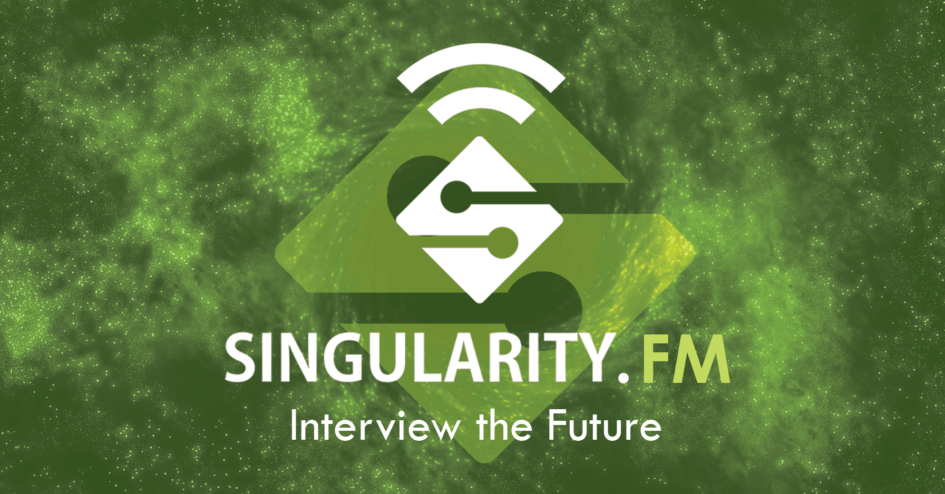ReWriting the Human Story: How Our Story Determines Our Future
an alternative thought experiment by Nikola Danaylov
Chapter 2: The Story of Story
The limits of my language mean the limits of my world. Ludwig Wittgenstein
Humanity has searched for meaning since its beginning. And we find it in story. The story that we tell ourselves. Thus, a world devoid of meaning becomes meaningful. But this meaning is given by and designed for us. And it is created in language.
The truly unique feature of human language is not its ability to transmit practical information about animals, rivers, stones, and trees. This feature is present in the languages of many other species such as whales, dolphins, apes, elephants, birds and bats, even bees. What makes human language unique is its ability to transmit information about things that don’t exist in the physical world at all – like gods, money, law, ethics, corporations, and so on. In other words, what makes our language unique is its ability to tell fictional stories. That is why ours is a fictive language. And this fact is very important for the two key features of our civilization:
1. Large-scale cooperation: Neanderthals and Cro-Magnons rarely cooperated in groups larger than 150 [Dunbar’s number]. This placed a rather low upper limit on what they could accomplish. Homo Sapiens, however, when given a powerful enough story, can exhibit cooperation among millions of strangers working towards the same goal. And what we can accomplish is of unlimited scale. Both positive and negative examples abound in history from wars and genocides through sports events, religious rituals, social movements, construction projects such as the Great Wall of China, or technological and scientific ones such as the Large Hadron Collider and space exploration.
2. Fast [cultural] evolution: What this means is that when we change the story, we change the culture. When enough people switch the story they believe in we have a revolution. For example, in 1789 the population of France switched almost overnight from the story of the divine right of the king to the story of the sovereignty of the people. [“Liberté, égalité, fraternité.”] Now known as the French Revolution, this phenomenon shows how cultural revolutions, in contrast to genetic ones, are very fast. This is the main reason why humanity has outstripped all other species in evolutionary terms – because we are using culture, not genes, to evolve faster. Every revolutionary paradigm switch – be it the French Revolution or the Scientific Revolution or the Industrial Revolution, is accompanied by a respective cultural switch in story about what the dominant paradigm could or should be. That new story is in turn told by coining new language about new political or legal rights, scientific concepts, or business metaphors such as the invisible hand, evolution, survival of the fittest, etc. New stories require new language and thus the expansion of story necessitates the expansion of language and the expansion of language creates opportunities for new stories.
In short, without our fictive language, we can’t have a story. And without a human story, our human civilization will not exist. So, the story of story is the story of our language. Keneth Burke said it best:
Language does our thinking for us.

Leave a Reply